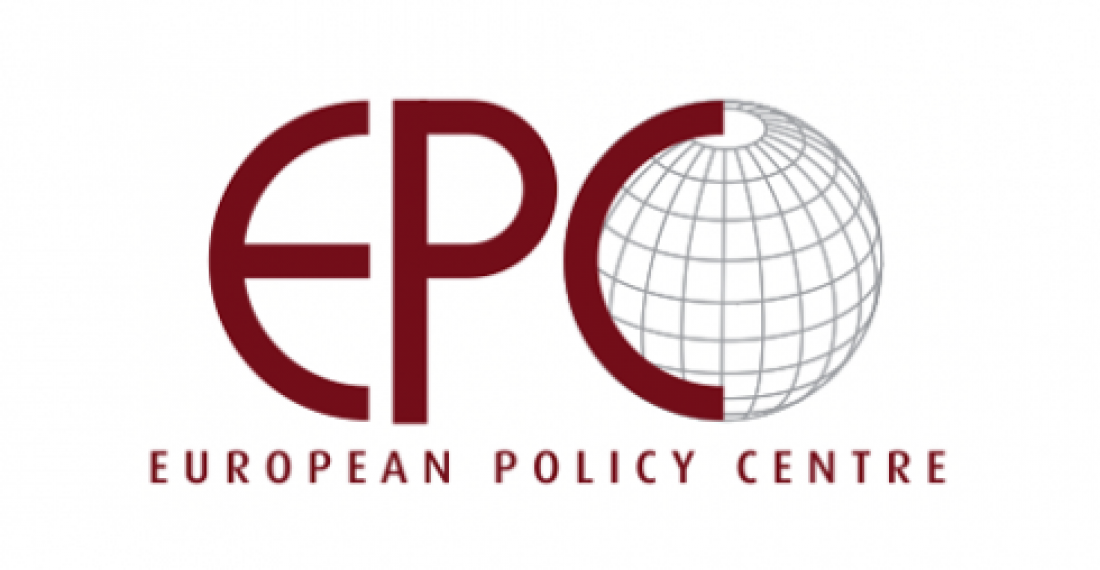The EU can help solve the Karabakh conflict if the EU takes a more active role in the conflict resolution process, according to a new policy brief for the European Policy Centre (EPC).
The EU should play a more active role in the conflict resolution process, taking the lead with innovative initiatives and using its soft power skills and experience, according to Amanda Paul and Dennis Sammut.
A recent review of the European Neighbourhood Policy recognises that protracted conflicts continue to hamper development in the region.
This new approach needs to be given substance before the conflict further escalates and becomes another crisis on Europe's borders, with which it cannot cope.
"Today [Karabakh] risks joining the arc of crises that now stretches from Ukraine, to Syria and North Africa," they said.
They also highlight the negative impact of recently deteriorating relations between Russia and Turkey.
The report also mention Russia's role in resolving the conflict and the new Russian proposals, which were submitted to the conflicting parties.
"Foreign Minister, Sergei Lavrov, recently put forward a number of ideas on how to take the negotiations forward. Although no details are available it is understood that the ideas have been endorsed by France and the US."
It also speaks of the crisis in relations between the EU and Azerbaijan and Armenia.
"While the EU is the biggest trade partner of both Armenia and Azerbaijan, political relations between the Union and the two states have been in difficulty since 2013, although few in the EU's institutions are ready to admit this."
In conclusion, the authors talk about resolving the conflict. "In the short term, the peace process needs to be reenergised with a focus on achieving peace and not simply managing the conflict.
"In the medium to long term, a durable solution of the Karabakh problem can be achieved through a deeper transformational process based on modernisation, good governance and prosperity.
"It is the EU that is best placed to accompany Armenia and Azerbaijan on this journey."
The European Policy Centre (EPC) is an independent, not-for-profit think tank published a report on the situation around the Nagorno-Karabakh peace process. Amanda Paul (Senior Policy Analyst) and Dennis Sammut (Member of the EPC's Advisory Council; Director, LINKS).
You can read the full report in English here.
source: commonspace.eu with epc.eu






